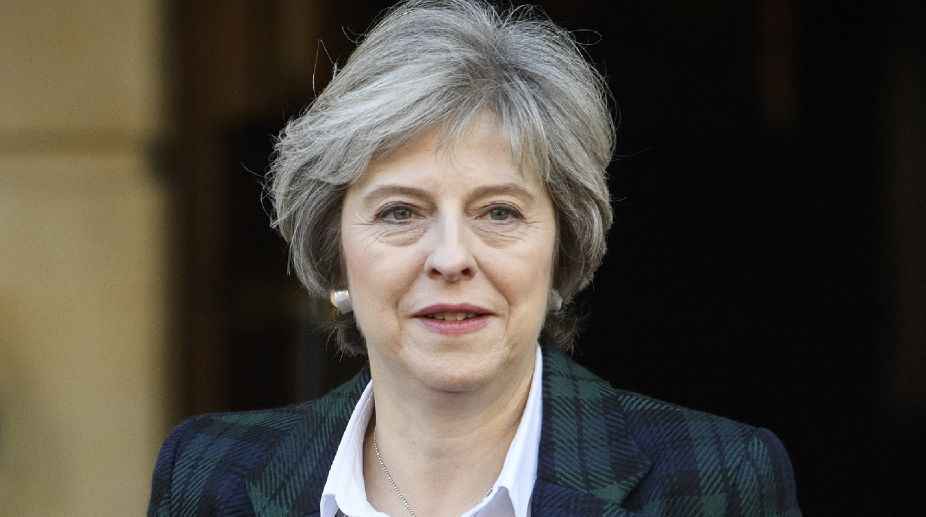EU leaders agree for new sanctions on Iran
European Union leaders agreed late on Wednesday on new sanctions targeting Iran for the direct attack on Israel.

British PM Theresa May (Photo: AFP)
It has, on the surface, been a morale booster for Theresa May. Yet the passage of the flagship Brexit legislation has been tempered with the former Tory cabinet minister, Justine Greening’s word of caution to the Prime Minister that Britain’s exit from the European Union will “not be sustainable” if it does not work for future generations. Without putting too fine a point on it, the MP from Putney ~ “a very young constituency here in London” ~ has warned 10 Downing Street that future generations of MPs could seek to “improve or undo what the current cohort implements”. Given the alarums within, such misgivings may not be wholly unfounded. In the immediate perspective, however, the skepticism ought not to militate against what has been achieved in the House of Commons last Thursday.
The key European Union (Withdrawal) Bill has been approved by 324 votes to 295 ~ a convincing margin by any reckoning. Second, the Bill, which transfers European law into UK law, is essential for “preparing the country for the historic milestone” of withdrawing from the EU. It is without question an instance of definitive forward movement after the momentous referendum on 23 June last year and profound must be the constitutional significance.
One does get the impression though that the sailing was far from smooth; the MPs are said to have spent more than 80 hours considering the Bill, including more than 500 amendments and new clauses. Discord there is bound to be; yet at the end of the day Britain’s legislative class has achieved a measure of consensus, one that distinctly carries a message to the EU headquarters in Brussels.
Advertisement
No one denies that the Bill might have to countenance a rough ride ahead, when it gets tabled in the House of Lords towards the end of January. Peers are said to be overwhelmingly pro-Europe, and yet more changes could well be on the anvil. Small wonder that Mrs May’s reaction has thus far been remarkably measured, though not exactly muted. In the immediate aftermath of the Commons victory, the Prime Minister has signalled her determination to “deliver a Brexit which works for all sections of society. Of course that would include young people.” For all that, it does not rule out the possibility of future generations being made less prosperous if economic barriers were put up between the UK and EU post-Brexit. Indubitable is the prospect of adverse effects on the British economy if fresh barriers are created between the United Kingdom and the European Union, rated by the Tories as the “biggest free market in the world.” At this juncture, the government has cogent reasons to feel relieved, if not overly optimistic after the defeat in the Commons last year over the Bill following a Tory rebellion.
Advertisement